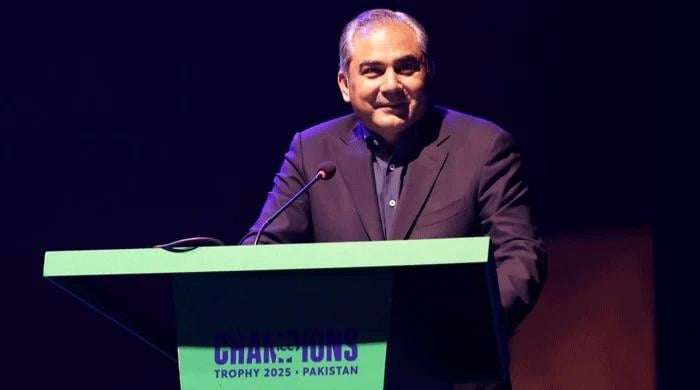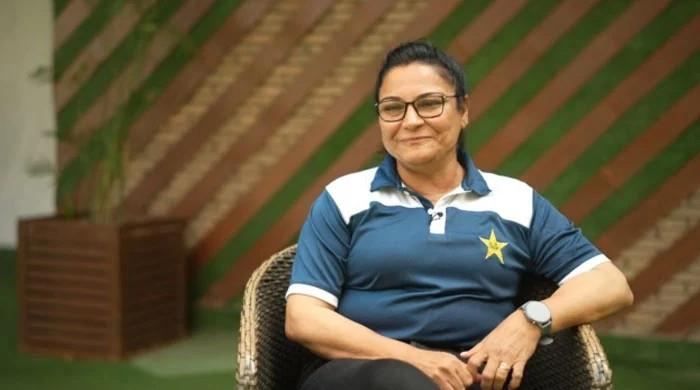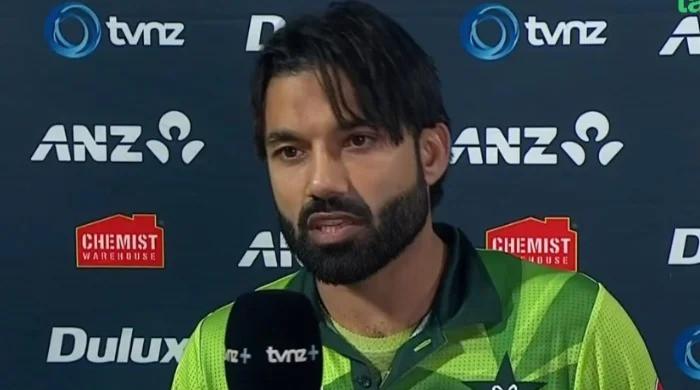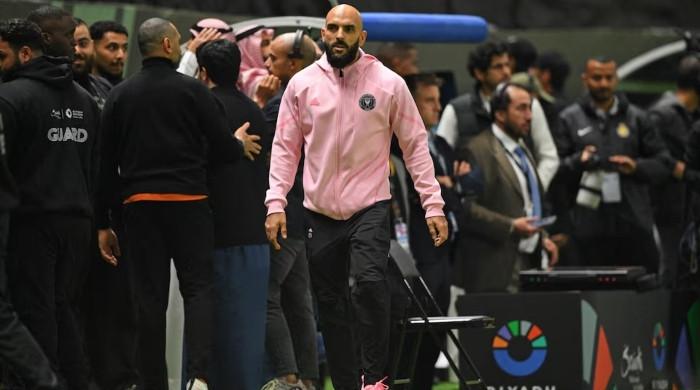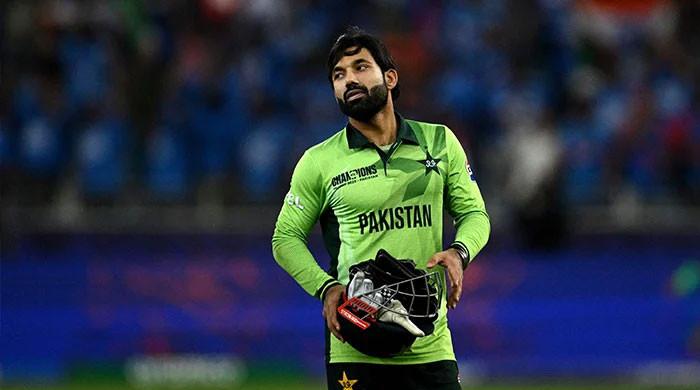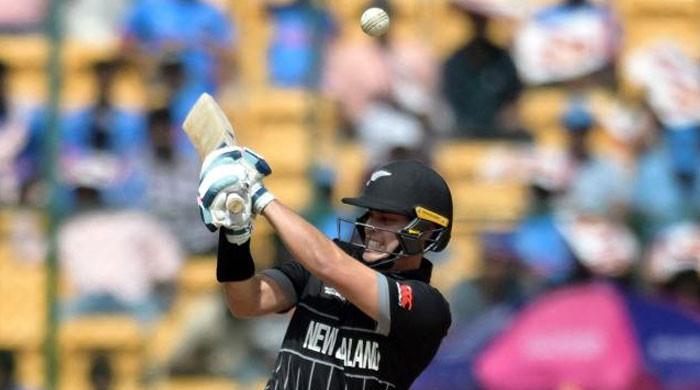The calm before the storm: Remembering Dhoni’s quiet, brilliant leadership
A quiet end to a defining era in Indian cricket
January 05, 2017
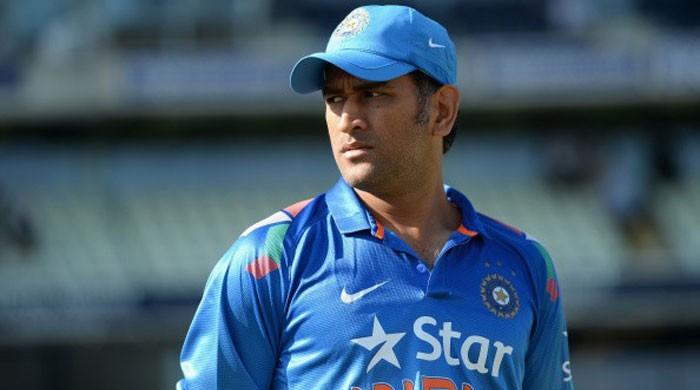
January 4, 2017 marked a quiet end to a defining chapter in Indian cricket. Mahendra Singh Dhoni, India’s – and perhaps the world’s – best limited-overs skipper called it quits on the captaincy.
While it was not entirely unexpected, the news hit hard. It was as if you knew something was going to happen but you weren’t ready for it to happen. Some things just take time to process – Dhoni’s resignation as captain is one of them.
First taste of glory
Wicket-keeper batsman Dhoni took over the reins of the Indian cricket team ahead of the inaugural ICC World Twenty20 held in South Africa in September 2007. The then 26-year-old Dhoni quietly yet surely led his side to World T20 victory against Pakistan in a nail-biting finisher. More than the victory, Dhoni’s calculated risks in the last few moments in that final remained the talk of the town for days. With Pakistan’s Misbah-ul-Haq on the crease, needing 13 runs to win off the last over with only one wicket remaining, Dhoni made the bold decision to choose Joginder Sharma ahead of other more experienced bowlers to deliver the last over. That victory in Johannesburg silenced those who had doubted the young Dhoni’s leadership abilities and reinforced the confidence of his backers.
.jpg)
Dhoni's reaction on winning the 2007 World T20 final/Getty Images
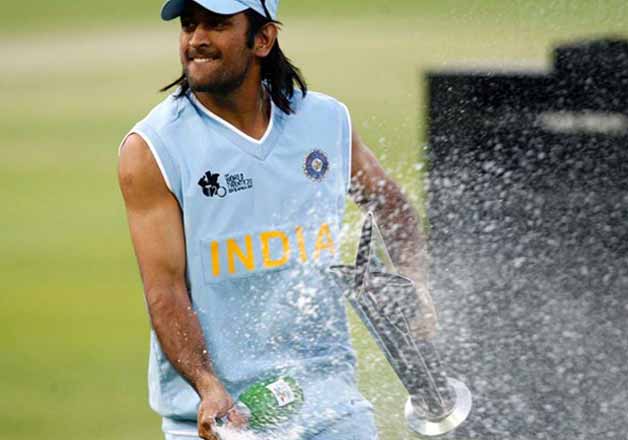
With the 2007 World T20 trophy
Captaincy pinnacle
The years to come had a lot more successes lined up for Dhoni and his side. Under his leadership, India won the 2011 World Cup by defeating Sri Lanka by six wickets in the final at the Wankhede Stadium in Mumbai. That match, among other things, would perhaps be best remembered for Dhoni’s unusual decision to move up his batting order and come in instead of the in-form Yuvraj Singh. This was the World Cup final on his home soil, in front of a deafening crowd. That decision took guts and a certain kind of madness. But Dhoni walked out, he batted, and he saw his team through to the trophy, staying at 91 not out off 79 balls. This was India’s second World Cup win after 28 years.
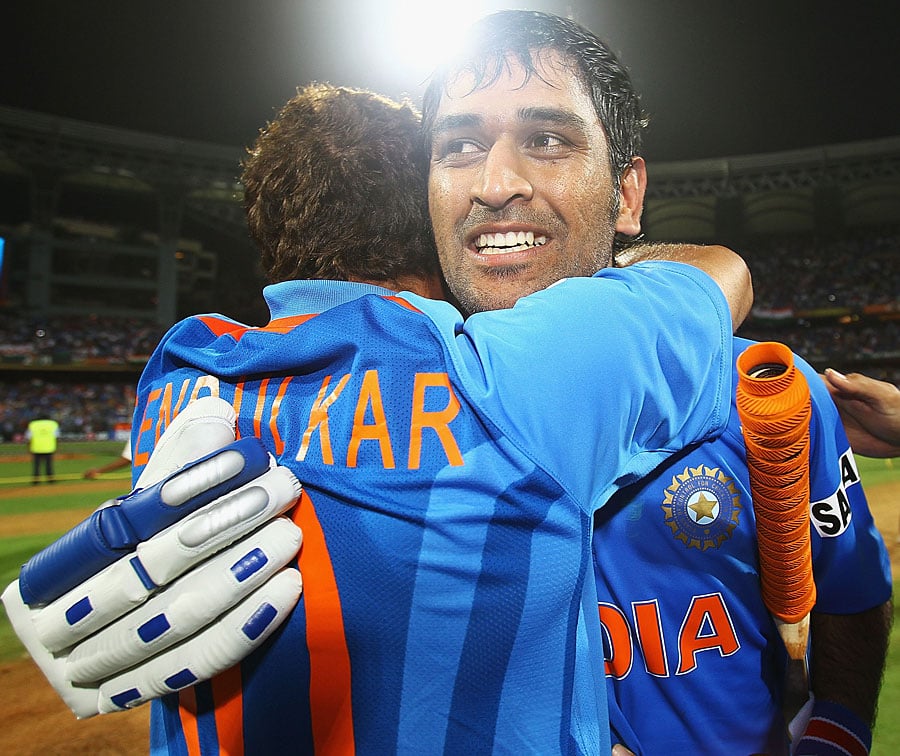
After winning the 2011 World Cup on home turf/Getty Images
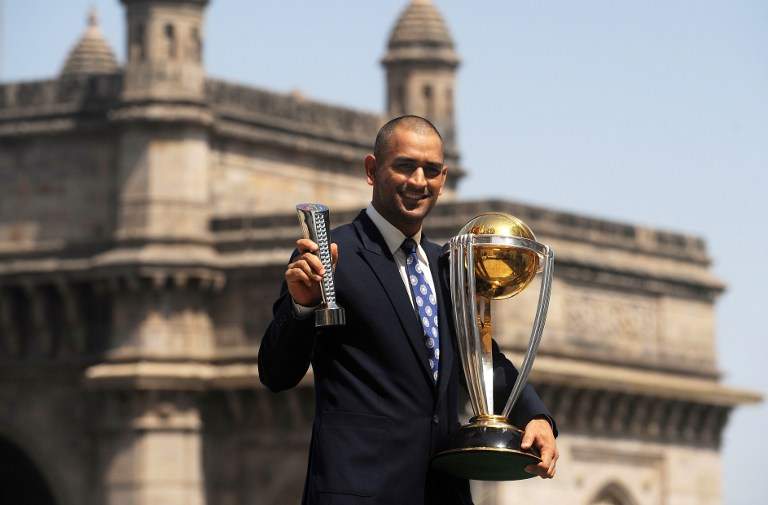
With the 2011 World Cup trophy/AFP
Champions Trophy crown
India defeated England by five runs in a rain-shortened final of the 2013 ICC Champions Trophy at Edgbaston, adding another triumph to Dhoni’s cap. With this victory, Dhoni became the first and only captain to win all the three ICC Trophies: World T20 in 2007, World Cup in 2011 and Champions Trophy in 2013.
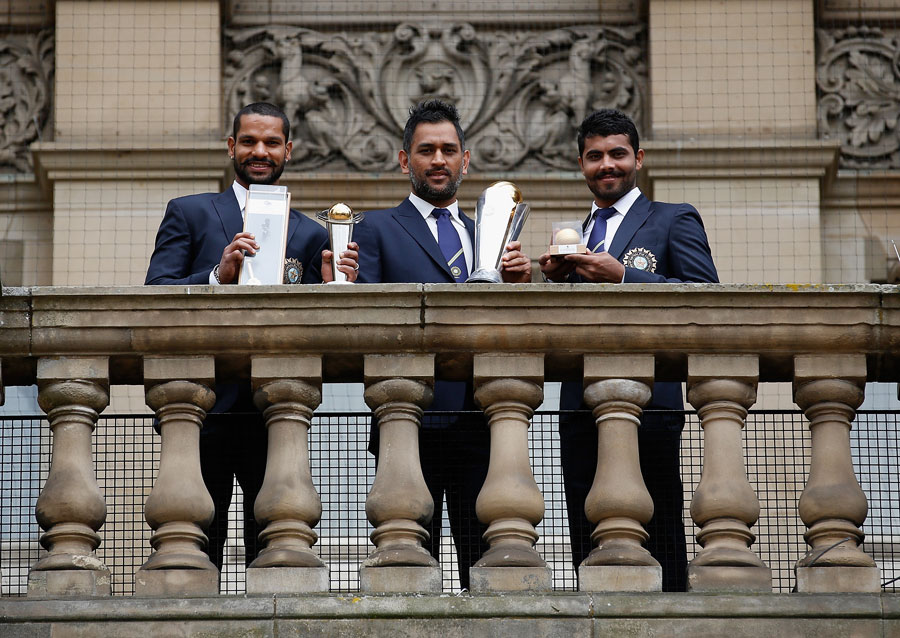
Dhoni poses with teammates with the 2013 ICC Champions Trophy/Getty Images
Dhoni is the most-capped captain in the world of cricket, with 331 games across all formats to his name. He has so far played 283 ODIs, with a batting average of nearly 51, and has appeared in 73 T20Is.
His career as captain was not without its downsides though; he faced criticism and controversies over some decisions that went wrong and bold calls that left many stunned, such as Dhoni's decision to drop veteran batsmen Sourav Ganguly, Rahul Dravid and VVS Laxman early into his captaincy because he believed they were no longer fulfilling the demands of fast-paced, modern-day cricket.
India’s reins in ODI and T20 cricket would almost certainly be handed over to Test captain Virat Kohli, who has by now firmly established himself as a successful Test skipper alongside being India’s most explosive and popular batsman.
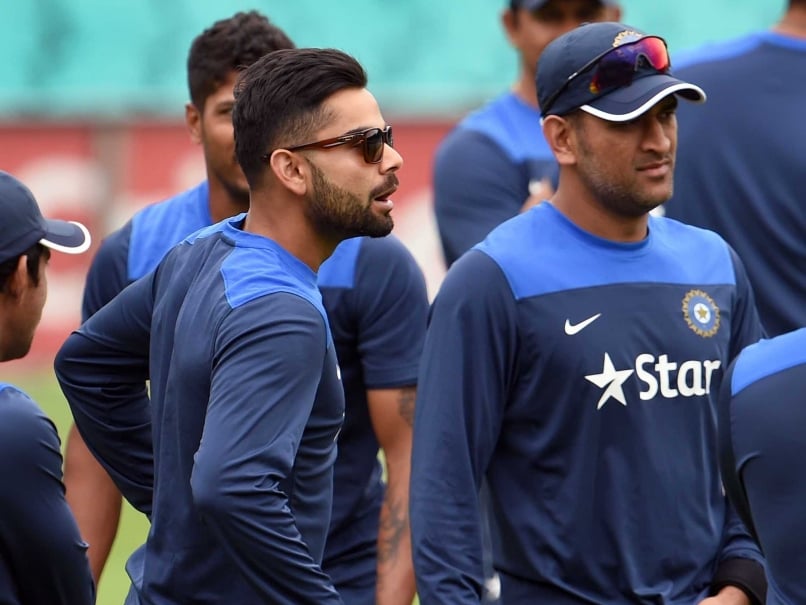
Dhoni with Test captain Kohli
Kohli’s expressive genius stands in stark contrast to Dhoni’s calm brilliance. Perhaps no two players could be more different in how they perceive and react to the demands of international cricket. As intriguing as it would be to see Kohli step into Dhoni’s shoes in limited-overs format, I will have a hard time imagining cricket without Dhoni as captain. I will take some time getting used to seeing him play as anything other than a captain, and I am sure many others would, too.
The writer is a producer at Geo.TV and tweets @Mariaa_54




